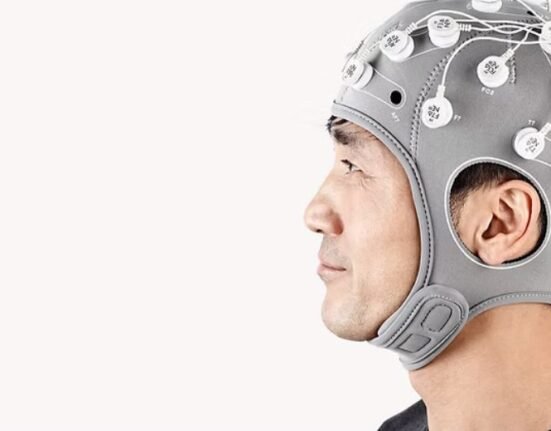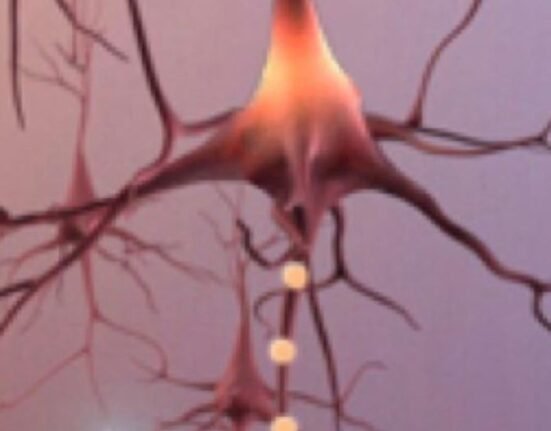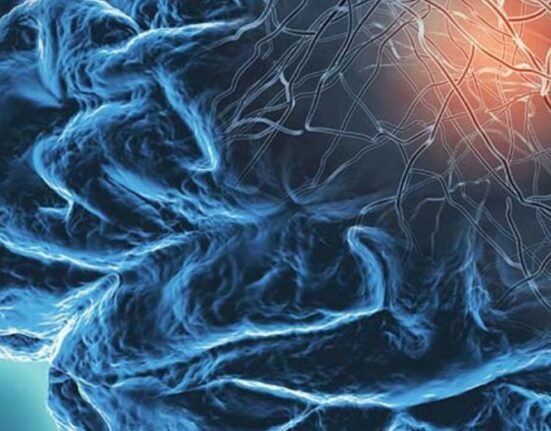HQ Team
June 27, 2024: A new study has found that the removal of both ovaries can have long-term health consequences
The US study observed 1000 females over the age of 50, who had both their ovaries removed under age 40. They found reduced white matter in several parts of their brains compared to those of similar age who had intact ovaries. Participants who had their ovaries removed after age 40 also showed reduced brain matter, but it was significantly lower than those who underwent the procedure at a younger age.
Ovary role
The ovaries are involved in far more than just reproduction. They don’t just produce and release eggs, but also pump out hormones that help keep a person’s heart, bones, brain, and immune system healthy as they age.
Previous research has shown that ovary removal (oophorectomy) can hamper cognition (thinking, attention and memory) from one-year to 10-years post-surgery. And it is believed the removal doubles the risk of Alzheimer’s.
The present research found that post removal changes showed greater signs of vascular brain disease than Alzheimer’s. The team added that it’s also true that these are “early, preclinical features of Alzheimer’s pathology.”
Testosterone, thought of as a male hormone, is also produced by the ovaries, and it plays a critical role in the female body. The hormone is also linked to white matter integrity in the brain. And if ovaries are taken out before menopause than the sudden loss of testosterone can impact brain health.
The study participants who removed their ovaries before age 40 and started hormone replacement therapy saw no changes in their white matter functioning.
“[I]t may be hypothesized that the explanation for our results is in part due to loss of testosterone,” the team of researchers suggests.
“Additional studies to replicate this finding are clearly needed.”
More research needs to be conducted on the role that ovaries play in the lifelong health of females and how their removal impacts the neurological functioning.
Surgery integrity
It is still a moot point among physicians as to when ovaries should be removed. In cases of cancer, it is imperative that they be removed. But the same is done in cases of endometriosis, cysts and fibroids.
More than half of hysterectomies are accompanied by the removal of ovaries and most are done on young middle-aged females of less than 45. Medical experts have argued that the risks of removing both ovaries at a young age are not weighed appropriately by surgeons or patients, both.
Removal of ovaries at a younger age leads to early menopause which can result in severe chronic health conditions, including bone density loss, impaired sexual health, cardiovascular disease, cognitive impairment, and arthritis.
The study is available in Alzheimer’s and Dementia.







